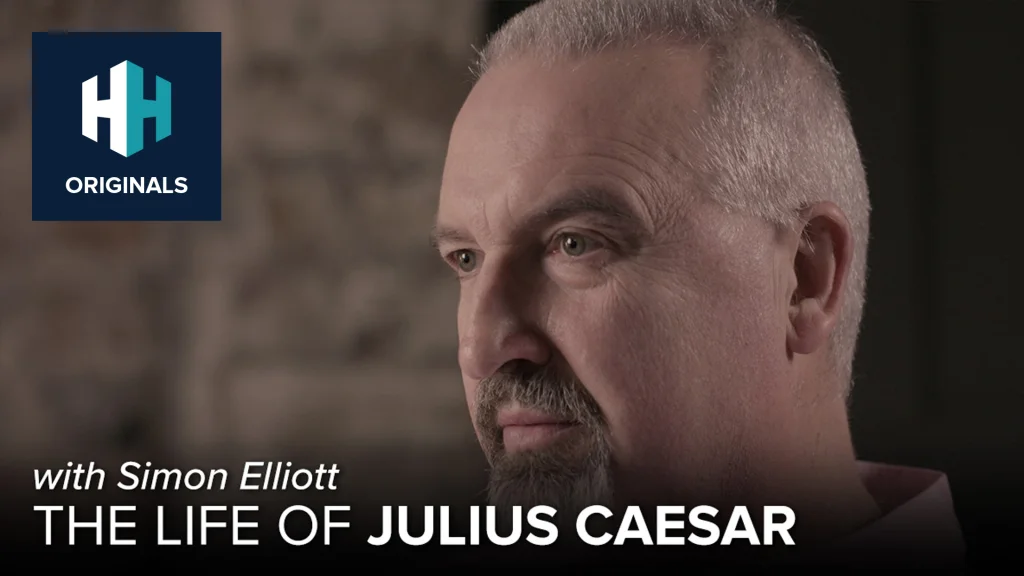Britain, before the Romans came, was a great unknown to the Romans. However, the Britons themselves were fully integrated with their continental neighbours in Europe.
They had been integrated since the re-population of mainland Britain in around 9,000 BC. From this re-population of Britain, at the end of the last Ice Age, all the way through to the Roman period, Britain was fully connected with all the cultural developments taking place on the continent.
So going all the way through the later Paleolithic Period, through the Mesolithic Period into the Neolithic Period (when farming arrives in Britain), into the late Iron Age, just before the arrival of the Romans, Britain was connected culturally to the continent.
 Watch Now
Watch NowLatterly, just before the Romans arrived, the British culture was Late Iron Age. But to the Romans, Britain remained a great unknown. They knew about Gaul because of their Mediterranean connections; but they knew very little about Britain.
Britain and Rome
In actual fact, even as Caesar began to conquer Gaul in the 50s BC, Britain was almost a terrifying place for the Romans. It was The North in ‘Game of Thrones’ about which they knew nothing.
This mythical place lay across fearsome Oceanus, as they called the English Channel and the North Sea. It was very different for them compared to the comparatively benign Mare Nostrum, the Mediterranean.
In fact, the first references we have to Britain were from merchants and geographers in the 5th, 4th, 3rd-centuries BC. And, again, they’re only passing references. One famous geographer called Pytheas actually circumnavigated, it seems, the main isles of Britain.
 Listen Now
Listen NowIt’s from him that we get the name of Britain, because he said that Britain was populated by the Prettani, the ‘painted people’. So even then, the reference was to these ‘painted people’ living on this mythical island of Britain. The name Prettani comes down to us today as the name Britain.
Julius Caesar: from Gaul to Britain
The Romans wanted to conquer Britain for a variety of reasons. Initially, these existed in the context of Julius Caesar‘s conquest of Gaul, which began in around 60 BC and ran through to around 52 BC.
During Caesar’s conquest of Gaul, he made two incursions to Britain
They should not be seen as full invasions; they were armed reconnaissances to Britain in 55 and 54 BC, specifically in the context of Caesar’s campaigns in Gaul.
Why did Caesar invade?
Firstly, Caesar knew it was a place of refuge for those fleeing his conquest of Gaul. It was a troublesome place in the northwest of his campaigning area which he wanted to keep quiet.

‘Caesar Crying Before the Statue of Alexander’.
Secondly, Caesar knew that Britain was famous for some of its exports: extractive resources like metals, tin, lead, iron, silver, and gold. It was also a place known for exporting slaves, hunting dogs like mastiffs, woollen goods, and also produce like wheat. So there was wealth to be made in Britain, and Caesar was always interested in making money.
Finally, this was Julius Caesar, a man obsessed with glory. A man who touched the statue of Alexander the Great and wept because he hadn’t, at the same age, conquered what Alexander had by that time.
Going to Britain, this mythical, far-fetched, mysterious place across terrifying Oceanus was an enormous step and an enormous gamble, which no Roman general had done before.
So for those three reasons. Firstly, a strategic reason: it was a place of refuge for those causing trouble in Gaul. It was also for wealth, and it was also for glory.
 Watch Now
Watch Now














